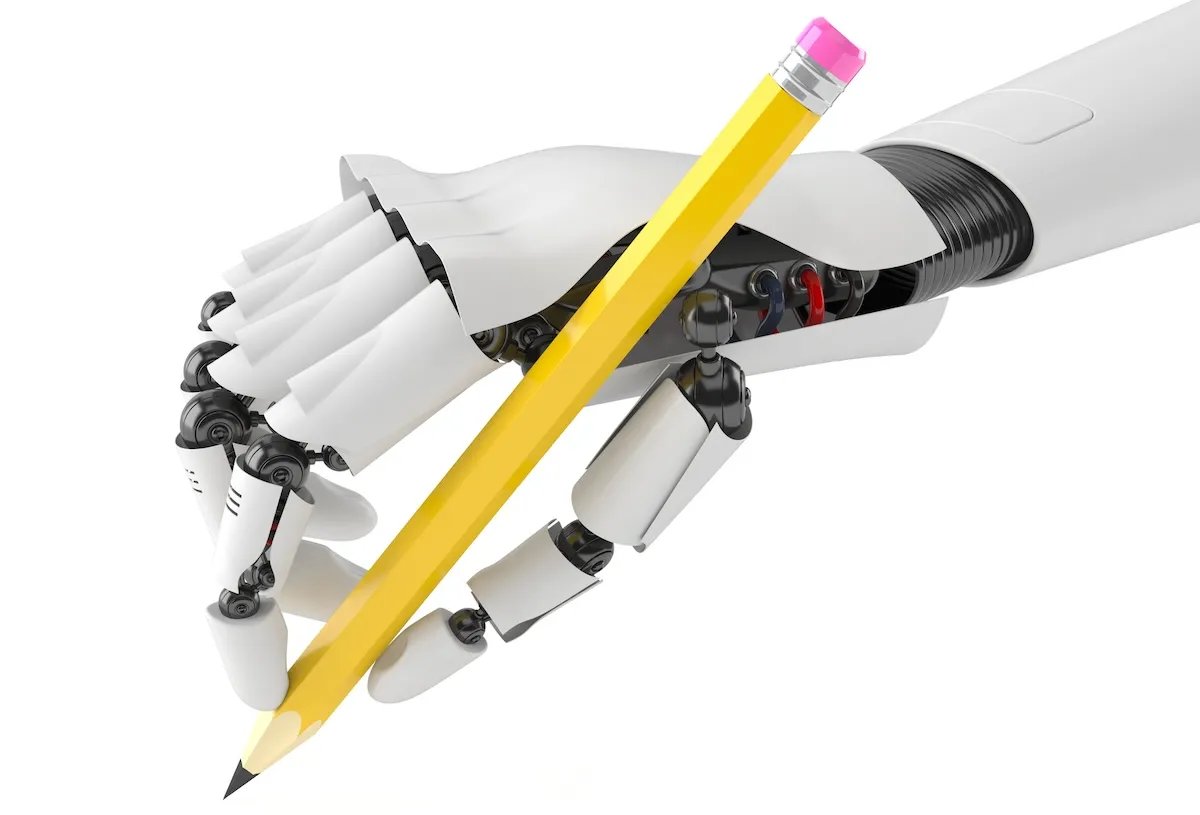The way in which the Digital Millennium Copyright Act is enforced only shows just how silly the entire thing is. For example, the DMCA allows the Library of Congress to grant exemptions to the act, allowing folks to circumvent digital rights management schemes, for whatever reason they deem fit. If that sounds horrifyingly arbitrary, that’s because it totally is. One of the actions that always seems to be up for exemption is the jailbreaking of smartphones. Thanks to a new set of exemptions, jailbreaking is totally legal, but only under ridiculously specific circumstances.
The newest exemptions will be in effect until 2015, but a major caveat in the jailbreaking one means that it’s not going to be as effective as one might initially think. According to Ars Technica, the exemption that allows jailbreaking specifically states that it only applies to phones “originally acquired from the operator of a wireless telecommunications network or retailer no later than ninety days after the effective date of this exemption.” So, folks have until January to buy smartphones if they don’t want to potentially face repercussions if they then wish to jailbreak them.
[UPDATE: After reexamining the original article, it looks like unlocking is what actually carries these stipulations. Jailbreaking, for lawful purposes, will remain legal until at least 2015, and unlocking a phone in order to switch carriers is what can only be done with phones purchased before January. After that, it’s up to whether the carrier allows it or not. Even after the distinction is made, it’s still rather silly. Also, every instance of the word “unlock” below should actually be “jailbreak.” Thanks, Timothy!]
The arbitrary nature of these exemptions is only made worse by the fact that the Library decided that it’s totally okay to unlock phones, but it’s not okay to unlock tablets. Why is it okay to unlock phones and not tablets? Well, that’s because the definition of “tablet” is too broad for their taste. Allowing the unlocking of tablets could mean allowing the unlocking of eBook readers or video game devices. That’s the rationale, anyway.
It’s not like we own the stuff we buy, or anything.
(via Ars Technica, image via Hatmanu Florin)
- Kindles are pretty much just tablets
- The iPhone 5 was jailbroken rather quickly
- iTunes doesn’t even like the phrase







